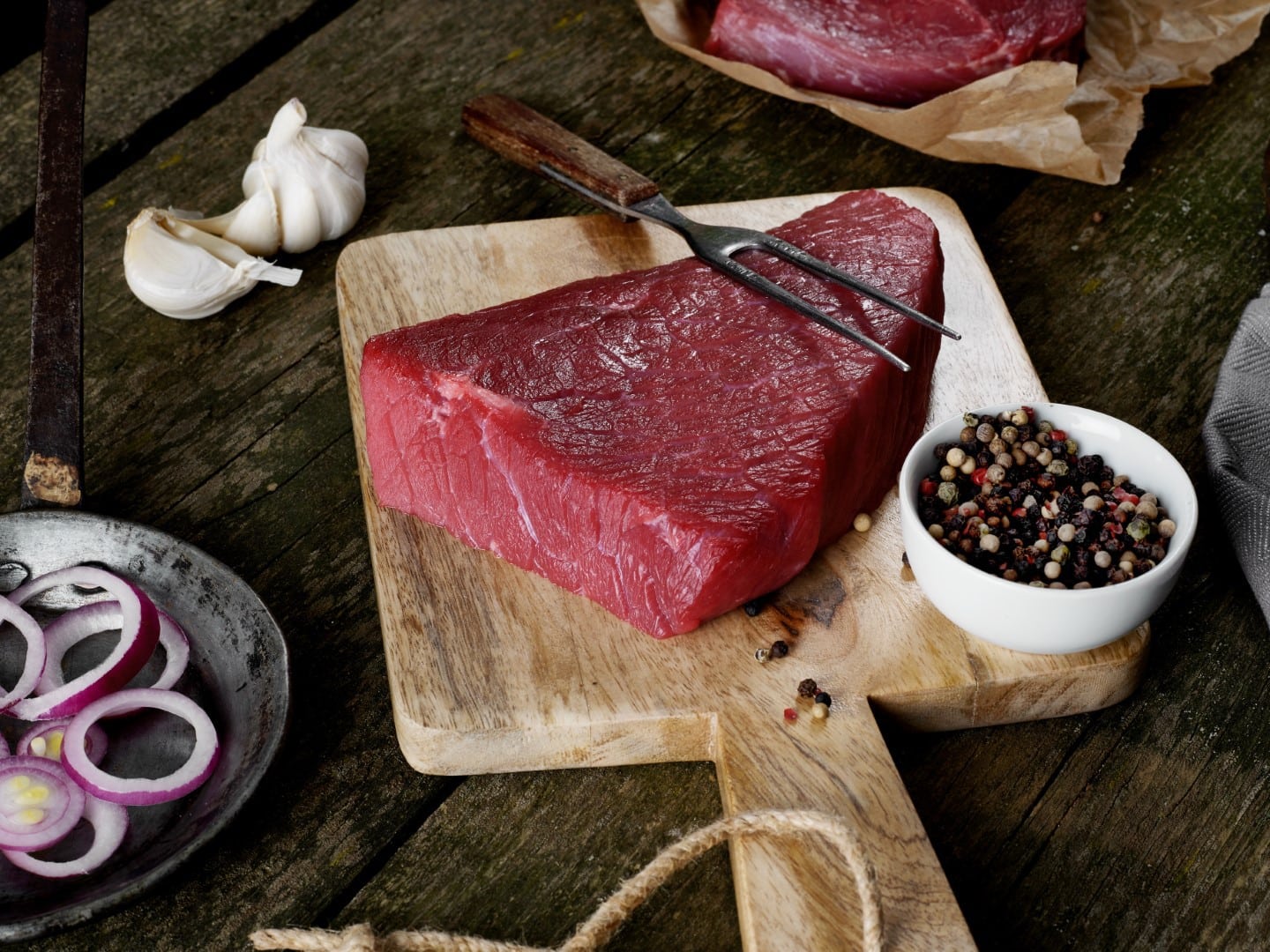Report on the Protection of Native Seeds and Sustainable Agriculture in Colombia
Introduction
In the mountainous region of San Lorenzo, Nariño department, Colombia, local farmers such as Aura Alina Domínguez, Alberto Gómez, José Castillo, and Javier Castillo act as “seed guardians,” preserving native maize seeds and traditional agricultural practices. This initiative aligns with multiple Sustainable Development Goals (SDGs), particularly SDG 2 (Zero Hunger), SDG 12 (Responsible Consumption and Production), and SDG 15 (Life on Land), by promoting food sovereignty, biodiversity, and sustainable farming.
Legislative Efforts to Ban Genetically Modified Seeds
Farmers and allied Indigenous, peasant, and environmental organizations support draft legislation currently under review in Colombia’s parliament that seeks to ban genetically modified (GM) seeds nationwide. This legislation aims to protect traditional agricultural practices and biodiversity, contributing to SDG 2 and SDG 15.
- The proposed law intends to amend Article 81 of the Colombian Constitution to prohibit the use, import, and sale of GM seeds.
- It has received backing from President Gustavo Petro’s government and Senator Catalina Pérez, emphasizing food sovereignty and producer autonomy.
- Grupo Semillas, a nonprofit promoting sustainable agriculture, leads the coalition advocating for this reform.
Background and Context
Since the introduction of GM cotton in 2002 and GM maize in 2007, Colombia has seen an expansion of GM crop cultivation, with over 1 million hectares planted between 2003 and 2020. While this has reportedly increased yields and reduced pesticide use, grassroots communities question whether these benefits extend to small-scale farmers or primarily serve large agribusiness interests.
- Concerns include the loss of seed sovereignty and the risk of genetic contamination of native varieties.
- Local communities have organized to reject GM seeds, with San Lorenzo declaring itself a GMO-free territory in 2018.
- Indigenous organizations filed a lawsuit in 2021, resulting in a constitutional court ruling in 2023 mandating protection for traditional seeds.
Community Actions and Political Mobilization
Seed guardians have engaged in extensive community outreach, workshops, and signature collection to support their cause, exemplifying SDG 16 (Peace, Justice, and Strong Institutions) through participatory democracy.
- Workshops and village visits to raise awareness about the risks of GM seeds.
- Drafting and submitting citizen-led proposals to local governments.
- Collaboration with national platforms such as the Seed Guardians of Life Network.
Opposition and Debate
The agribusiness sector, represented by the Colombian Association of Seeds and Biotechnology (Acosemillas), opposes the ban, arguing that GM crops coexist with traditional varieties and are regulated by biosafety protocols. This opposition highlights tensions between economic development (SDG 8) and environmental sustainability (SDG 15).
- Acosemillas filed lawsuits challenging local GMO-free declarations.
- Experts warn that banning GM seeds could limit climate crisis mitigation and food security strategies.
- Scientific studies indicate potential risks of GM pollen cross-contamination beyond regulatory buffer zones.
Environmental and Health Considerations
The use of GM seeds resistant to glyphosate, a herbicide classified as “probably carcinogenic” by the World Health Organization, raises health concerns, especially for agricultural workers, linking to SDG 3 (Good Health and Well-being).
- Colombia recorded a record 154,677 hectares of GM crops in 2023, with GM maize covering over 36% of planted area.
- Glyphosate-related lawsuits against Bayer (which acquired Monsanto) underscore ongoing health and environmental debates.
- Loss of native maize varieties threatens biodiversity and cultural heritage, impacting SDG 15 and SDG 11 (Sustainable Cities and Communities).
Biodiversity and Food Sovereignty
Colombia’s rich agricultural biodiversity, including at least 23 native maize varieties and hundreds of local adaptations, is under threat from the expansion of GM crops. This loss affects not only ecological balance but also the political empowerment of rural communities, aligning with SDG 2 and SDG 15.
- FAO reports indicate a global loss of 75% of crop genetic diversity over the past century.
- Local resolutions banning GM seeds have been adopted by multiple municipalities and Indigenous territories.
- Seed guardians emphasize the cultural significance of native seeds as a form of nonviolent resistance and territorial autonomy.
Conclusion and Future Outlook
The ongoing legislative process in Colombia reflects a critical juncture in balancing technological innovation with the preservation of traditional knowledge, biodiversity, and food sovereignty. The debate encapsulates key SDGs:
- SDG 2: Ensuring sustainable agriculture and food security through protection of native seeds.
- SDG 3: Addressing health risks associated with agrochemicals linked to GM crops.
- SDG 15: Conserving terrestrial ecosystems and genetic diversity.
- SDG 16: Promoting participatory democracy and community rights.
As Colombia’s parliament continues to deliberate, the outcome will have significant implications for the country’s agricultural future, rural livelihoods, and alignment with global sustainable development commitments.
1. Sustainable Development Goals (SDGs) Addressed or Connected to the Issues Highlighted in the Article
- SDG 2: Zero Hunger
- The article discusses food sovereignty, protection of native seeds, and sustainable agriculture practices, all of which relate to ending hunger and promoting sustainable food production systems.
- SDG 12: Responsible Consumption and Production
- The debate on genetically modified (GM) seeds versus native seeds involves sustainable management of natural resources and reducing the negative impacts of agricultural practices.
- SDG 15: Life on Land
- Issues of genetic diversity loss, biodiversity conservation, and protection of native maize varieties are central to this goal.
- SDG 3: Good Health and Well-being
- Concerns about glyphosate, a herbicide linked to health risks, and its impact on agricultural workers relate to this goal.
- SDG 16: Peace, Justice and Strong Institutions
- The article highlights participatory democracy, indigenous rights, and legal battles over seed sovereignty, reflecting governance and justice issues.
- SDG 13: Climate Action
- Discussions on the role of biotechnology in climate mitigation and sustainable agriculture link to this goal.
2. Specific Targets Under Those SDGs Identified Based on the Article’s Content
- SDG 2: Zero Hunger
- Target 2.3: By 2030, double the agricultural productivity and incomes of small-scale food producers, including indigenous peoples and family farmers.
- Target 2.4: Ensure sustainable food production systems and implement resilient agricultural practices.
- Target 2.5: Maintain the genetic diversity of seeds, cultivated plants, and farmed animals.
- SDG 12: Responsible Consumption and Production
- Target 12.2: Achieve sustainable management and efficient use of natural resources.
- Target 12.4: Achieve environmentally sound management of chemicals and wastes.
- SDG 15: Life on Land
- Target 15.1: Ensure the conservation, restoration, and sustainable use of terrestrial and inland freshwater ecosystems and their services.
- Target 15.5: Take urgent action to reduce the degradation of natural habitats and halt biodiversity loss.
- SDG 3: Good Health and Well-being
- Target 3.9: Reduce the number of deaths and illnesses from hazardous chemicals and air, water, and soil pollution and contamination.
- SDG 16: Peace, Justice and Strong Institutions
- Target 16.7: Ensure responsive, inclusive, participatory and representative decision-making at all levels.
- Target 16.10: Ensure public access to information and protect fundamental freedoms.
- SDG 13: Climate Action
- Target 13.1: Strengthen resilience and adaptive capacity to climate-related hazards and natural disasters.
- Target 13.2: Integrate climate change measures into national policies, strategies and planning.
3. Indicators Mentioned or Implied in the Article to Measure Progress Towards the Identified Targets
- Indicators Related to SDG 2 (Zero Hunger)
- Proportion of agricultural area under productive and sustainable agriculture (related to Target 2.4).
- Number and diversity of native seed varieties conserved and used by local communities (related to Target 2.5).
- Income levels and productivity of small-scale farmers (related to Target 2.3), as indicated by the reported additional income from GM crops ($301.7m).
- Indicators Related to SDG 12 (Responsible Consumption and Production)
- Use and management of pesticides and herbicides, including glyphosate usage and its health impact.
- Compliance with biosafety protocols and buffer zones to prevent genetic contamination.
- Indicators Related to SDG 15 (Life on Land)
- Extent of genetic erosion or loss of native maize varieties (number of native varieties lost or conserved).
- Levels of biodiversity at genetic, species, and ecosystem levels as reported by FAO.
- Indicators Related to SDG 3 (Good Health and Well-being)
- Incidence of health issues related to exposure to hazardous chemicals such as glyphosate among agricultural workers.
- Indicators Related to SDG 16 (Peace, Justice and Strong Institutions)
- Number of participatory democracy initiatives and citizen-led proposals (e.g., San Lorenzo’s GMO-free declaration and legislation process).
- Legal rulings and protections granted to indigenous and peasant communities regarding seed sovereignty.
- Indicators Related to SDG 13 (Climate Action)
- Adoption of agricultural biotechnologies aimed at climate mitigation.
- Policies integrating climate change measures in agriculture.
4. Table of SDGs, Targets, and Indicators Identified in the Article
| SDGs | Targets | Indicators |
|---|---|---|
| SDG 2: Zero Hunger |
|
|
| SDG 12: Responsible Consumption and Production |
|
|
| SDG 15: Life on Land |
|
|
| SDG 3: Good Health and Well-being |
|
|
| SDG 16: Peace, Justice and Strong Institutions |
|
|
| SDG 13: Climate Action |
|
|
Source: theguardian.com






